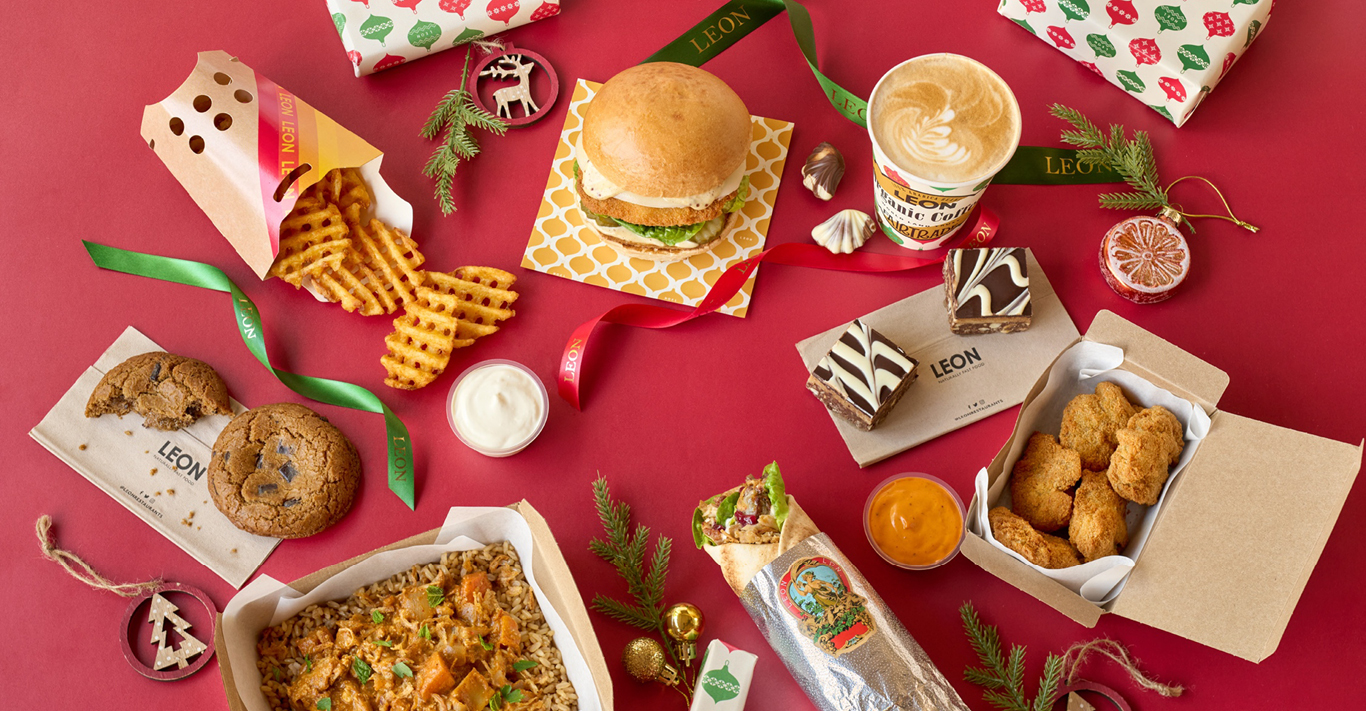WORDS
Imogen Almond
Can you tell us about your background and how you got into the wine industry?
I was lucky enough to grow up in wine. My dad was a mentor to some of the revolutionary winemakers that were coming out of South Africa – for example, Marc Kent from Boekenhoutskloof and Rudiger Gretschel. I was so lucky to be surrounded by these poetic, wild pioneers in wine and I really looked up to them and learned so much while I was growing up. Their wines were always on our kitchen table, and we used to talk about the label designs and future projects together, so now it comes quite naturally to me.
Have you always had a passion for wine?
I’ve always had a particular passion and a fascination with scent and taste and how it can transport me emotionally, bringing back such vivid memories. Scent and taste have a lot of influence in wine, so they couple together nicely. If it wasn’t for wine, however, I probably would have tried my hand in perfume.
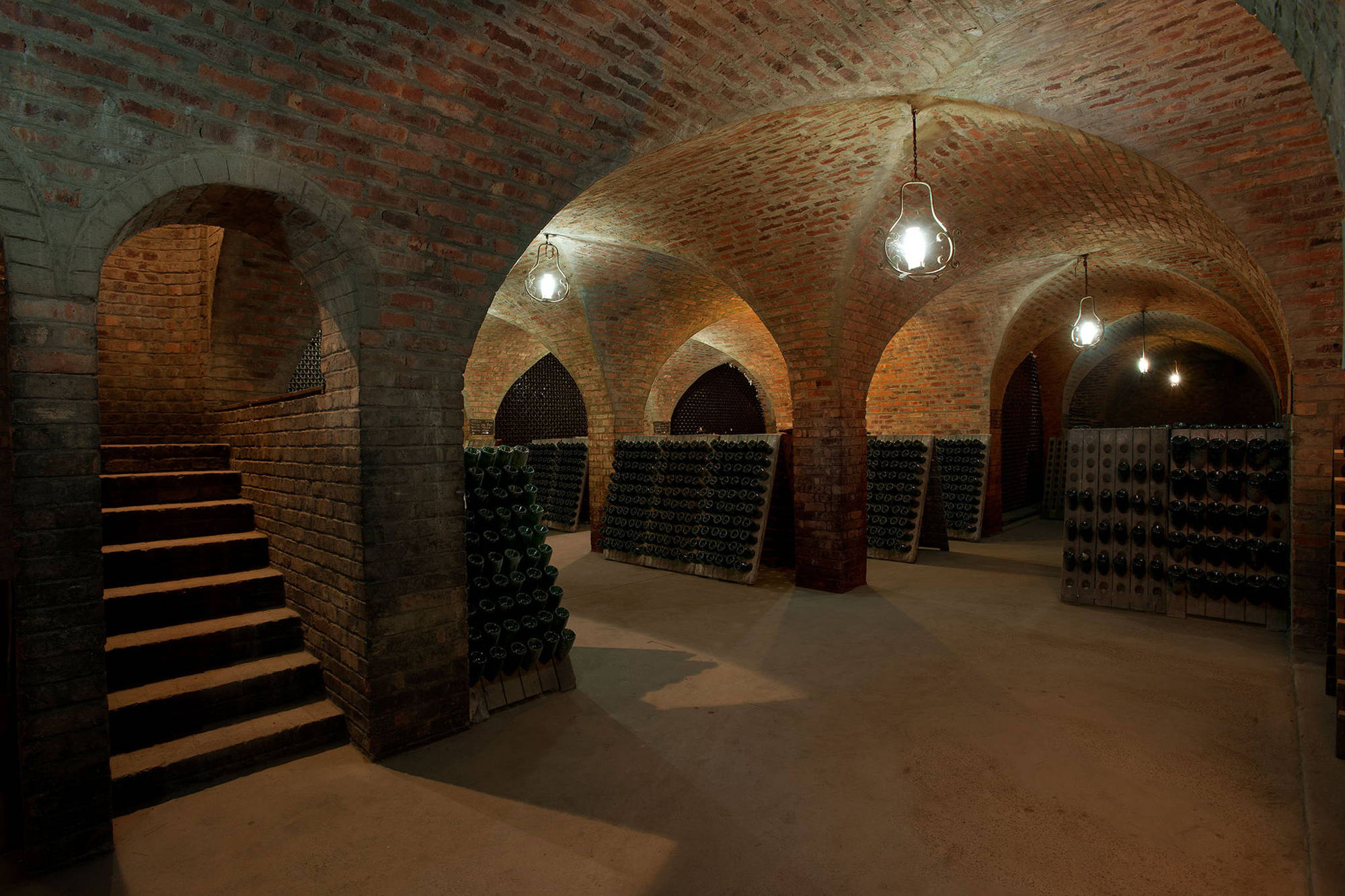
Along with your brother, Svend, you purchased Twee Jonge Gezellen farm in 2012. What inspired you to make this purchase?
My dad had incredible intuition and he was very much in charge of leading the purchase of the farm. However, he died quite soon after the purchase was made, so my brother and I had to come together to find a new voice and create something striking and distinct in our own way.
I felt very out of my depth in the beginning, but I shared the same passion for the farm as my father did, as well as a love for the wine industry, so it began to feel really natural for me to be taking this on. As much as it made me feel nervous, the fact my brother and I hadn’t studied wine meant we came in with a totally fresh approach and we began to master one small thing at a time. I surrounded myself with brilliant people and, together, we created something that is quite unique as we had the support to really be able to take risks. Having my brother by my side was also pivotal.
You work closely with cellarmaster Rudiger Gretschel and Cap Classique specialist and head winemaker Stephan de Beer. What have they taught you through your time at the farm?
Rudiger has taught me two main things; to be precise and to not waste anything. It all comes down to respect. Respect for yourself and respect for your surroundings and, ultimately, what goes into the bottle. Stephan is very pragmatic; he absolutely obsesses about the details and I really respect that.
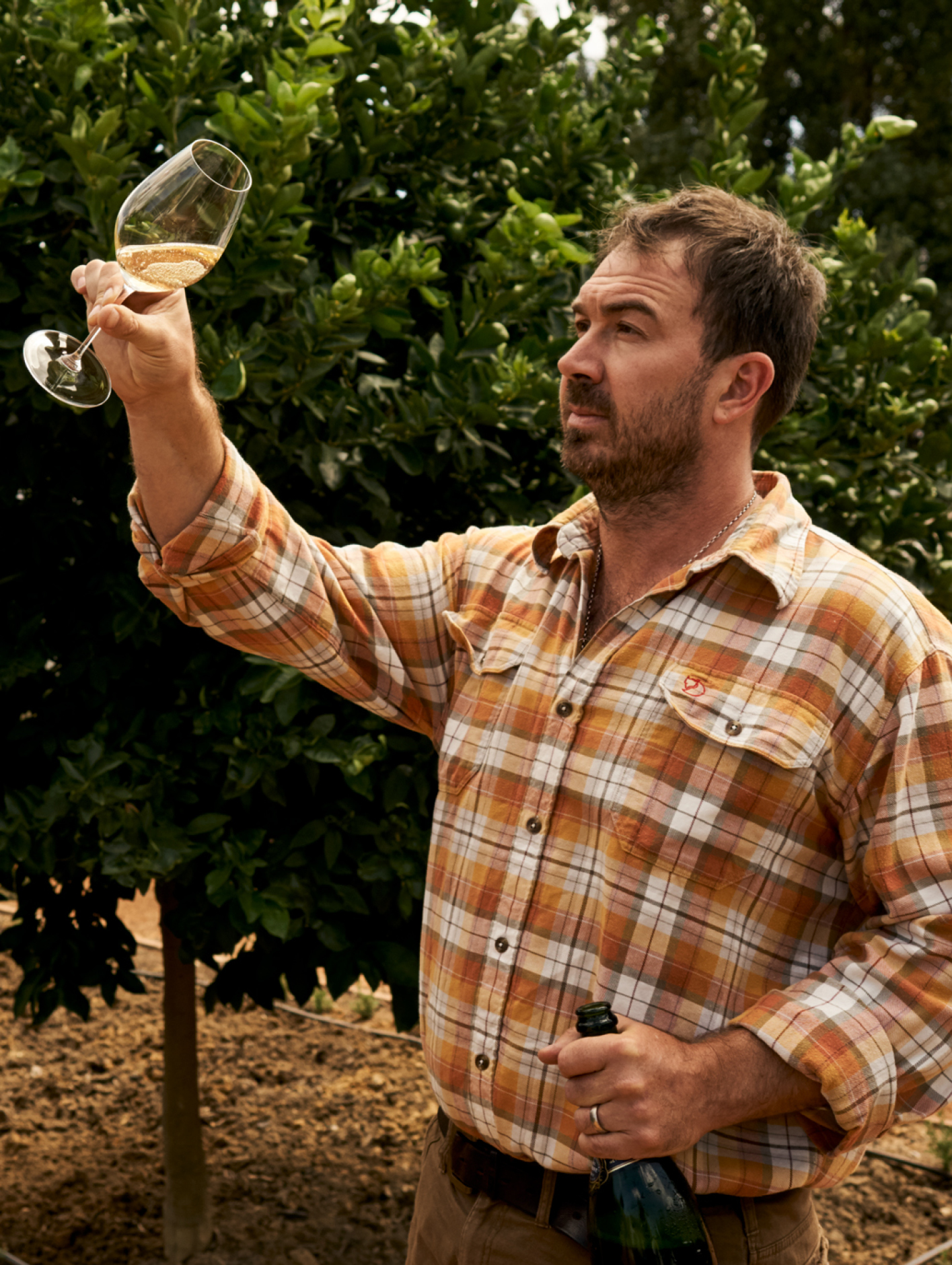
You take on a lot of responsibility, from vineyard planting to marketing. What aspects are you most passionate about and how do you split your time?
I live on the farm with my family, so I am lucky enough to be on the property every day. I move between everything from the office to the tasting experience to production. However, the best part of my day is walking around the property in the evenings with my children and exploring the mountains. I have a real passion for the wilderness, so I make sure to get out and enjoy nature as much as possible. I love working with our all-female production team, they are an inspiration to me and we support each other.
Krone has a female-only production team. Is this intentional and how do you find this when the wine industry is so heavily dominated by men?
When we bought the property 12 years ago, the production team were all women and it just happened to be that way and has been for generations. It’s a skill that is nurtured and handed on from generation to generation. They care deeply.
They are involved in all aspects, from hand-turning the bottles – a job that can take up to four days – moving bottles from coves, labelling, disgorgement… They have so many responsibilities and are very hands on.
The team has such a wonderful energy. I feel that is the way we would want it to continue, but we are not opposed to it if there’s a guy that wants to join the team.
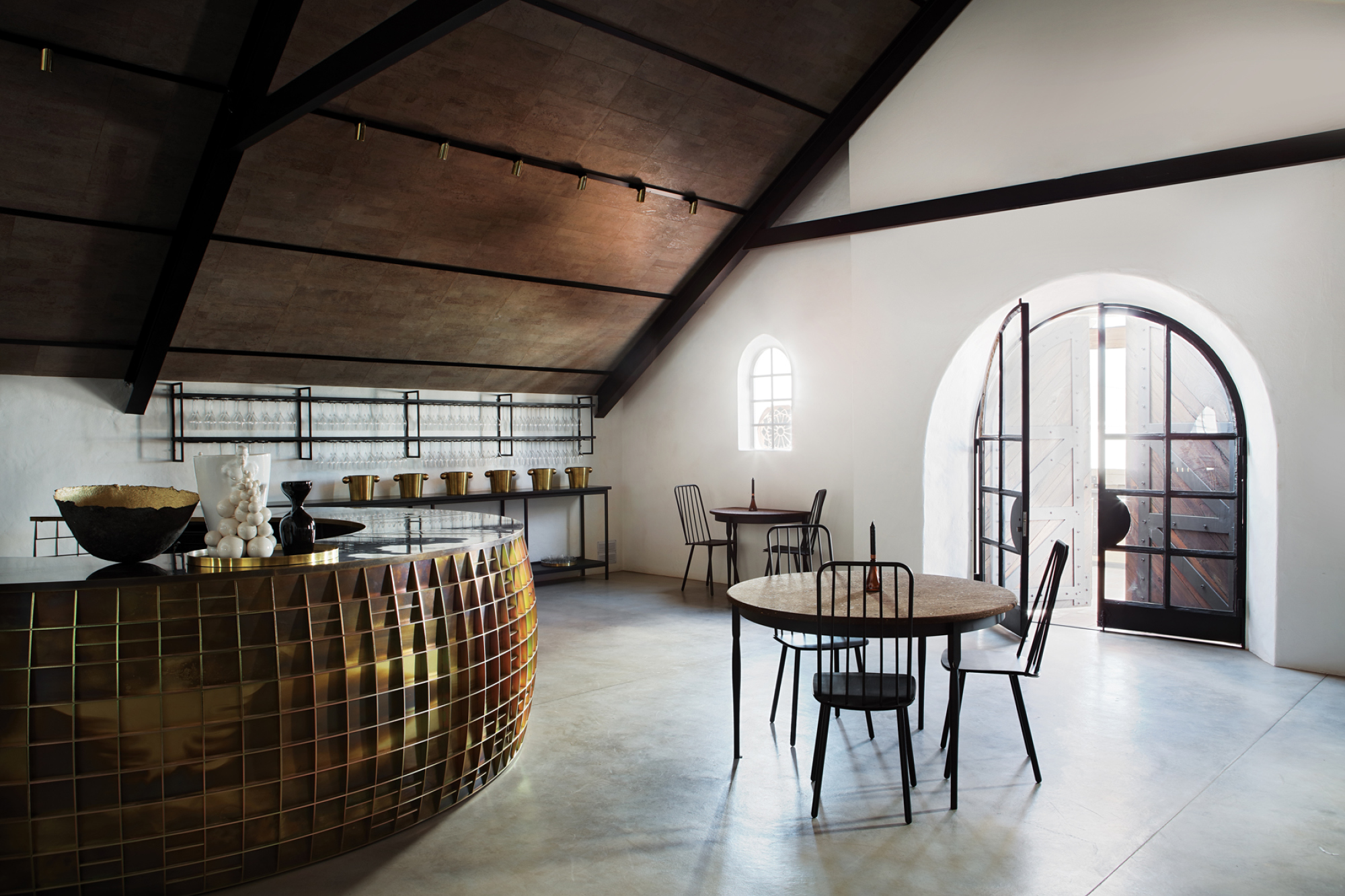
Can you tell us about the night harvest and the impact it has on the grapes?
Night harvesting is something we have been doing since the 1980s and it’s really about ensuring that we are producing the highest-quality Cap Classique that we possibly can.
It means the grapes aren’t exposed to sunlight and oxidation and retain the high natural acidity that is necessary for making fine Cap Classique. You can imagine it like if you take a bite from an apple and leave it out in the sunlight it will go brown and taste slightly different to that first bite you took. A similar thing happens to the grapes, so we take them straight off the vine and into cool rooms so they can be pressed gently.
Working in a male-dominated industry, what challenges have you faced in your career and how have you overcome them?
I have been very fortunate to be surrounded by bold and courageous women in the industry for a lot of my life. Rosa Kruger, for example, is our viticulturist and she manages our vineyards. In 2022 she was the recipient of Decanter’s Hall of Fame award and, not only is she the first viticulturist to receive an award like this, but also the first South African. It is women like this that really help give me the wings and encouragement that I need.
We would also like to encourage more women to join us in the industry. It is male-dominated but it is changing. More women in the industry allows others to stand tall and not feel intimidated. There is a high level of respect for both males and females in the industry and I have never felt that women have been left out. It’s a wonderful industry to work in.
What advice would you give to women looking to get into the wine industry?
There is a perception that you need to grow up in wine or that you need to study wine and that it is a bit of an intimidating industry to join but, when you come from outside the industry, that is where the innovation and the fresh ideas come from. We try to encourage more women to come across and join us whenever we can.
That aside, creative thinking really helps too. You have to define your voice and be your truest self. That often gets nurtured through the creative world. If you can’t make wine yourself, it’s about collaboration and working with people who can create that dream.
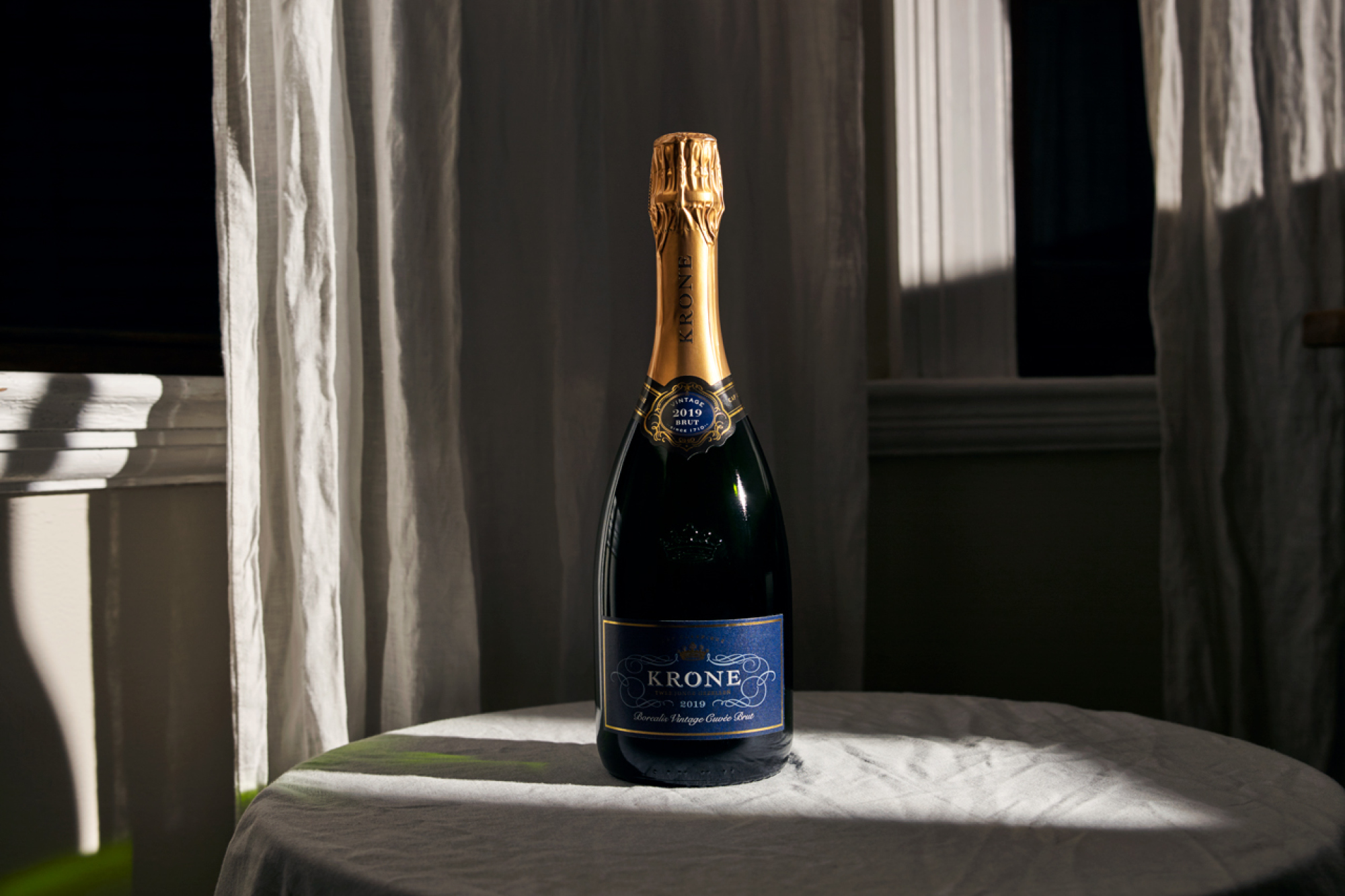
You have just launched in the UK. What prompted this move?
The UK is a vibrant and thriving market but, for us, it is a little more personal as it is very much a home away from home. We have a gallery and an artist residency programme here on the farm where we work very closely with artists from the African continent and a lot of the art calendar happens in the UK, in London. It’s a natural progression for us to be able to host events and be able to work in the cultural sphere in London as we do in South Africa.
Could you tell us more about the gallery and artist residency programme?
I studied design at a university in Florence, Italy, where I lived for four years. During this time, I had been surrounded by the arts, with my husband also being a classical flautist, and I developed such a strong passion for it. When I came back to South Africa, I felt strongly about bringing a creative energy to the farm and it has been absolutely magnetic.
With the artist residency programme, we have people living with us, sometimes for a month or two at a time, and it plays an incredibly important role in the creative atmosphere on the farm. My children are so lucky to grow up surrounded with these artists who are always sculpting and painting.
We also have a gallery called Whatiftheworld and collectors from all over the globe come out and see us. A lot of people come up to visit the farm just to see the gallery and we have found that the artist community is very supportive of what we do because we have been supporting them for the past 12 years. Artists really struggle under financial pressure, and we allow them a space to come and create without those pressures.



